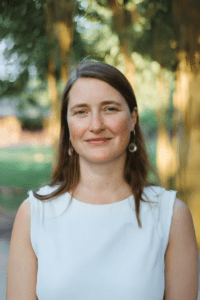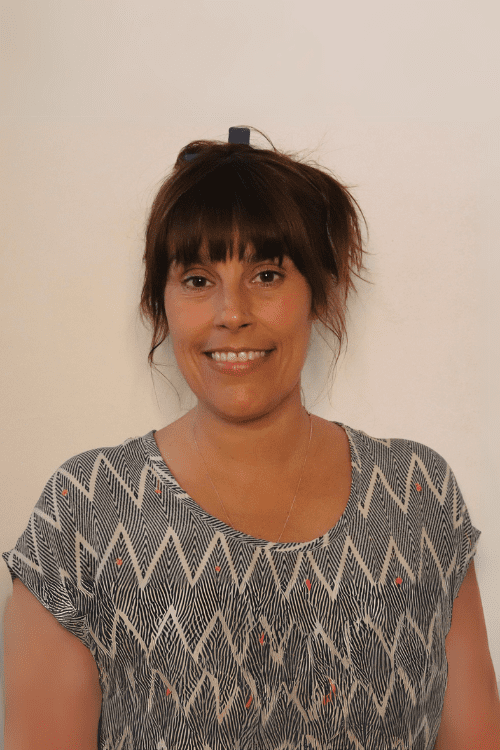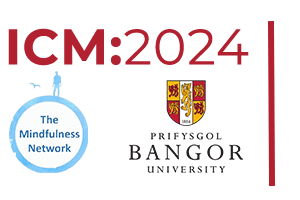Research has shown that cultivating mindfulness, can better manage stress, improve our mental well-being, and enhance our overall quality of life. Therefore, in a world that is constantly evolving and throwing new challenges our way, mindfulness can help us maintain focus and stay grounded.
The theme of ICM:2024 is Mindfulness in a Changing World. So, what does this mean? For some, it means finding peace amidst chaos, staying centred in times of turmoil, and embracing change with an open heart – a powerful tool that empowers us to thrive in an unpredictable world. Others may view it as a guiding principle enabling us to navigate the world with clarity and purpose. You can watch Conference Chair Professor Rebecca Crane and Conference Director Dr Ken Lunn discuss this here.
We asked some of our ICM:2024 speakers what Mindfulness in a Changing World meant to them…

Mindfulness as a way of being is essentially fluid, adaptable and responsive to change. We exist within the wider systems of the world and are shaped by and shaping them. Mindfulness as an psycho-educational approach must reflect this reality.
Rosalie Dores
Rosalie will be leading a Strand 4 guided session providing an opportunity to taste the practice of relational mindfulness and explore it’s relevance to these times.
Mindfulness in a Changing World," through the lens of Buddha's teachings, becomes a profound reflection on impermanence and dependent origination. As AI alters the fabric of scholarly communication, we are reminded that all phenomena arise and pass away in interdependence, and this flux is to be met with mindfulness. It is a call to embrace the transitory nature of our world with a compassionate heart and a clear mind, ensuring that our contributions to mindfulness research are threads in a larger tapestry of global wisdom. Our work, like all things, is interconnected, evolving with the world's constant unfolding, a testament to the eternal dance of change and connection.
Oleg Medvedev
Oleg will be leading the Strand 1 workshop, Mindful Publishing in the AI Era: An Editor’s Perspective.

Mindfulness in a changing world, needs to adapt to new paradigms. It needs to let go of fixed approaches and allow new and old ideas and creativity to be part of new ways of offering out mindful practices and concepts. The changing world is full of extremes, of fear, but also of a shift in who leads, the time to let those who have always been the ‘minority’ take some space, is now.
Jessica Andexer
Jessica is hosting an online workshop in Strand 3 about Neurodiversity and Mindfulness.
Whilst in-person 8-week courses such as MBCT and MBSR are grounded in robust evidence for effectiveness, and are ideal where people are willing and able to participate, approaches that are suited to a wide range of people working in high-stress, busy professions such as healthcare are needed. Mindfulness in a changing world means widening access to mindfulness courses so that as many people can benefit as possible.
Clara Strauss
Clara chairs the Strand 4 Panel with Maura Kenny, Carter Lebares, Mick Krasner — their discussion centres on Adapting Mindfulness for High-Stress Healthcare Environments.

Drawing on Indigenous wisdom and eclipsed knowledges, weaving inner and outer landscapes elevates our connection with the living universe and brightens our consciousness. Bridging worlds, forging belonging, and leveraging difference helps us celebrate life, cultivate communal joy and manifest our wildest imaginings.
Jamie Bristow
Jamie will be delivering the Strand 5 Keynote Agency and Connection in the Polycrisis: Mindfulness as a Foundational Capacity for Societal Transformation. He will host a panel discussion on this topic with Cathy-Mae Karelse, Roy Ellis and Richard Edwards.




